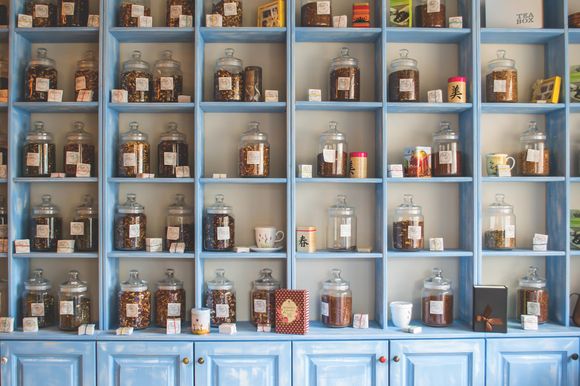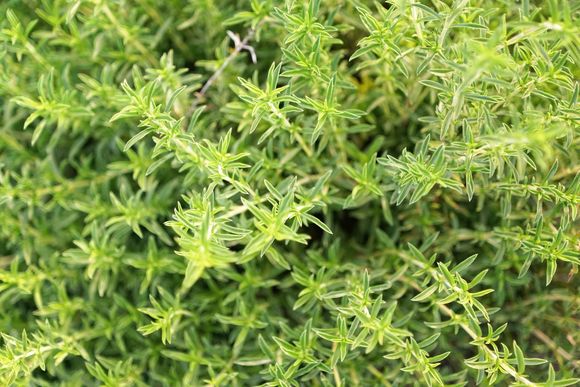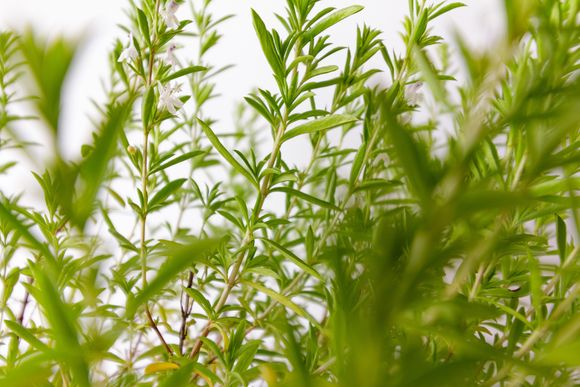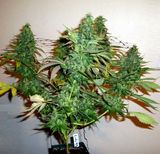Author: Rositsa Tashkova, Master of Molecular Biology and Microbiology
There are more than 30 species of savory (Satureja sp.), the most famous being the summer savory (Satureja hortensis) and the mountain savory (Satureja montana), also known as winter savory.
A little-known fact is that savory is a good helper for those suffering from metabolic syndrome (insulin resistance) due to its numerous effects on various organs and systems affected by the condition. In this article we will consider what beneficial effects the savory has on your body and metabolism.
Read more in the article .
The information was taken from A Review of the Benefits of Satureja Species on Metabolic Syndrome and Their Possible Mechanisms of Action, 2015, Journal of Evidence-Based Complementary & Alternative Medicine. [ref.1]
What is Metabolic Syndrome
Metabolic syndrome is also known as insulin resistance. The condition has a direct impact on cardiovascular disease and affects too many people. It is a set of metabolic disorders.
In order for someone to be diagnosed with the disease, it is necessary to have at least three of the following 5 characteristics:
- abdominal obesity (waist circumference ≥102 cm in men and ≥88 cm in women),
- triglycerides ≥150 mg/dL,
- high density lipoprotein cholesterol (HDL) <40 mg/dL in men and <50 mg/dL in women,
- blood pressure ≥130/85 mm Hg,
- fasting glucose ≥110 mg/dL.

There are 6 components of metabolic syndrome that are associated with cardiovascular disease: abdominal obesity, atherogenous dyslipidemia (plaque formation in blood vessels), increased blood pressure, insulin resistance with or without glucose intolerance, pro-inflammatory state and prothrombotic state (propensity to blood clots).
Read more in the article .
The critical consequences of metabolic syndrome are the development of type 2 diabetes mellitus, hypertension, dyslipidemia and atherosclerotic vascular diseases, especially diseases of the coronary arteries.
Sedentary lifestyle, unhealthy nutrition and genetic factors contribute significantly to the development of the disease.
In women, insulin resistance is often associated with polycystic ovary syndrome (PCOS), which is a common cause of infertility.
Read more in the article .
Herbs and Medicinal Plants That May Improve Metabolic Syndrome
A number of medicinal plants are being studied because of their potential to regulate various aspects of the disease, including:
- fenugreek (Trigonella foenum-graecum), bitter melon (Momordica charantia) and cinnamon bark (Cinnamomum cassia) have been studied to cope with hyperglycemia (increased blood sugar);
- dill (Anethum graveolens), garlic (Allium sativum), rosella (Hibiscus sabdariffa) and mulberry (Morus alba) have been tested for their hypotensive (lowering blood pressure) and hypolipidemic effects (lowering lipids in the blood).

Savory Has Many More Effects
All of the above herbs have their limitations and relatively narrow spectrum of action, unlike the savory, which seems to possess an entire arsenal of weapons specifically aimed at manifestations of metabolic syndrome and insulin resistance.
It has the following actions:
- аntioxidant,
- controls the lipids in the blood,
- lowers blood glucose,
- inhibits lipid peroxidation,
- anti-inflammatory,
- analgesic,
- antiproliferative,
- against diarrhoea,
- releases blood vessels (vasorelaxant),
- antifungal and antibacterial,
- antiviral,
- antispasmodic,
- anticoagulant action (against blood clotting).
Here we will consider some of them in more detail.
Antioxidant Properties of Savory
According to several studies, savory has remarkable antioxidant activity - it neutralizes free radicals. Probably this is due to the substances it contains: triterpenoid, carvacrol, tannin, steroid and flavonoid components.
Read more in the articles and .
- What are free radicals and antioxidants
- What are the benefits of antioxidants for health and which foods are richest to them

Savory May Lower Blood Sugar
Some studies have found that the savory can lower the blood sugar level when it is too high (hyperglycemia). The antioxidant activity of the herb is thought to play a role in this. [ref.2]
Savory May Lower Blood Lipids
Several studies have shown that savory can lower levels of bad cholesterol (LDL) and triglycerides in the blood, while raising the level of good cholesterol (HDL).
Three main substances in the plants of the savory family - Lamiaceae, suppress cholesterol synthesis: isopropanoids, carvacrol and tymol.
Anti-inflammatory Action of Savory
The anti-inflammatory action of savory can be due to the presence of flavonoids, steroids and thanin, since they have anti-inflammatory and analgesic effect.
Another reason may be the antioxidant effect of the savory, which neutralizes the free radicals formed during inflammation. Also, flavonoids can inhibit the release of histamine and the expression of pro-inflammatory cytokines by mast cells.

Anticancer Properties of Savory
According to a 2016 study, essential oils of two types of savory - S. thymbra and S. parnassica, exhibit significant antioxidant and antiproliferative actions (inhibit the multiplication of cancer cells), mainly due to their main components: carvacrol and thymol. [ref.3]
Another study has found that these substances exhibit numerous other beneficial biological activities: antimicrobial, diuretic, anti-HIV-1, anti-diarrhea.
Very often, the biological activity of herbal products is attributed to the most dominant components. However, the effect of plant products as a result of the synergy of all components present in the plant can be more significant than the activity of each individual component. And the body's reaction to the extract is not the same as the reaction to individual components, and this should be taken into account when using herbs for treatment.
How to Use Savory
There are different ways you can use savory.
For tea (infusion): the leaves are poured with boiling water and allowed to steam for 2 to 15 minutes depending on your taste, then strain and drink.
To prepare a decoction: pour the leaves with cold water, which is left on the hob to boil. Boil for 15 to 30 minutes, then strain.
Maceration: savory leaves remain in cold water for several hours to extract the active ingredients, then strain.
In the kitchen: savory wonderfully complements dishes of fish, appetizers of raw vegetables, stews, sauces and much more.
Savory is becoming of great interest and is being examined more thoroughly as a medicinal plant. And while we wait for the results - what's better than a good old gypsy pie with oil, paprika and savory?









